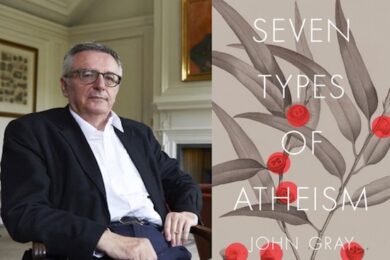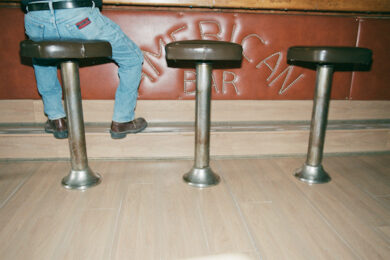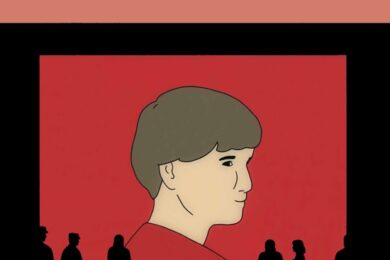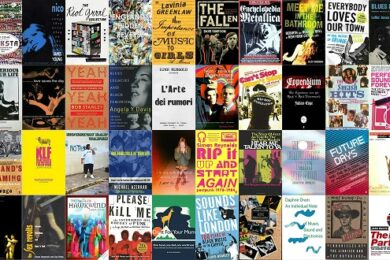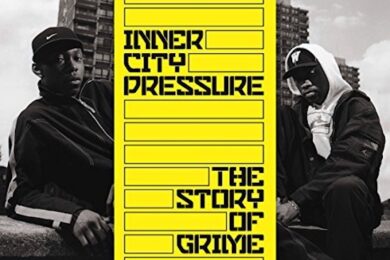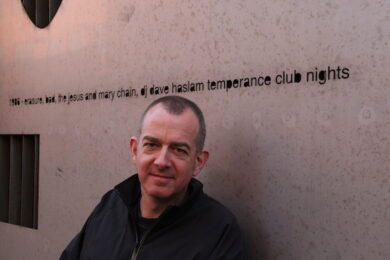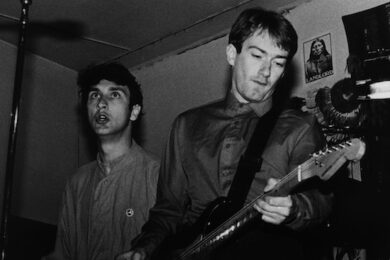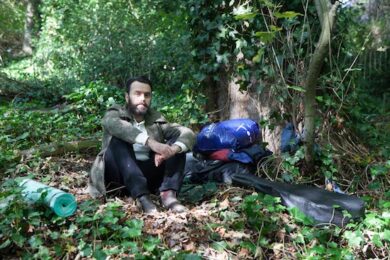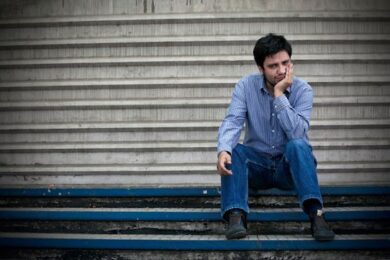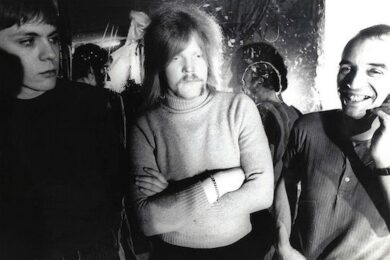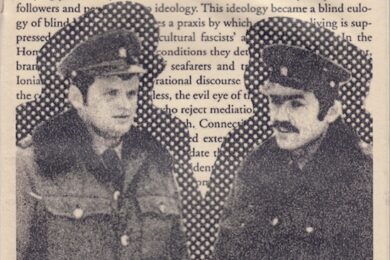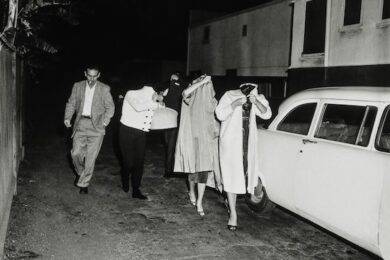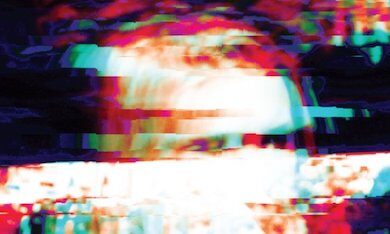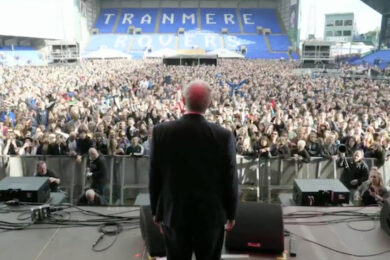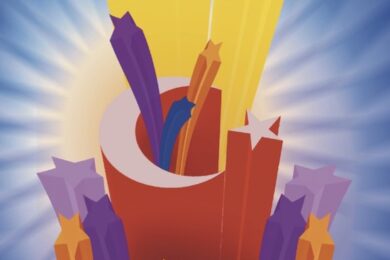


Books
From the esoteric to the sonic, tQ’s bookshelf revealed
Clarity Begins At Home: On Psychedelic Revolutionaries
Sam Gregory reviews P.W. Barber's Psychedelic Revolutionaries: Three Medical Pioneers, The Fall of Hallucinogenic Research, and the Rise of Big Pharma, a history of the neglected experiments of Humphry Osmond, Abram Hoffer, and Duncan Blewitt
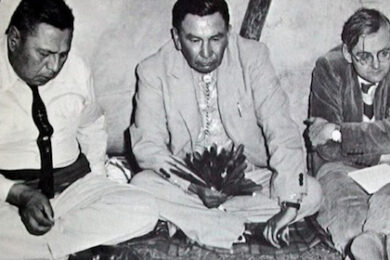
Real And Unconstrained Utopias: On Economic (And Other) Science Fictions
Author Carl Neville examines two recent books bringing the Ccru project of hyperstition into the domain of political economy, the Will Davies-edited Economic Science Fictions, from Goldsmiths Press, and Repeater Books' Futures and Fictions

A Protest Against Bullshit: Irmin Schmidt On All Gates Open – The Story Of Can
With the publication this weekend of Rob Young’s book All Gates Open: The Story Of Can, Sean Kitching chats to Irmin Schmidt about the development of the book, the origins of the band, and the surprising tenderness of Mark E. Smith

Follow The Pleasure: An Interview With Hanif Kureishi
In an extensive #longread interview, Lisa Jenkins talks to Hanif Kureishi, author of The Buddha of Suburbia, Intimacy, and the films My Beautiful Laundrette and Sammy and Rosie Get Laid, about Trump, Brexit, David Bowie, and his new book The Nothing
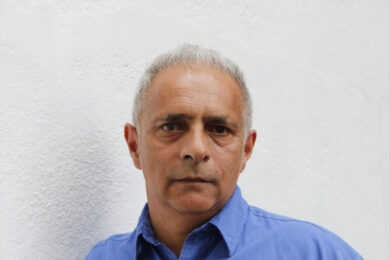
Philosophies Of History Are Rationalisations For Mass Murder: An Interview With John Gray
In advance of his new book, Seven Types of Atheism, John Gray discusses his work – and settles a few scores – with Michael Brooks, from the errors of Richard Dawkins to the pernicious bullshit of Steven Pinker
